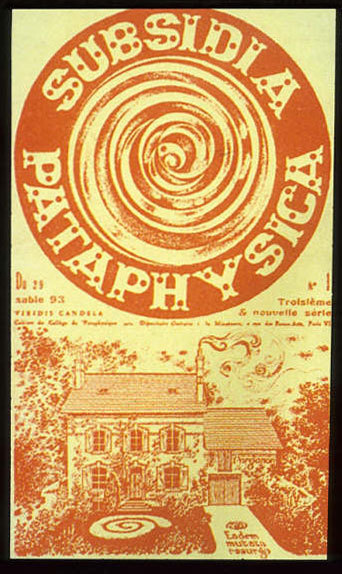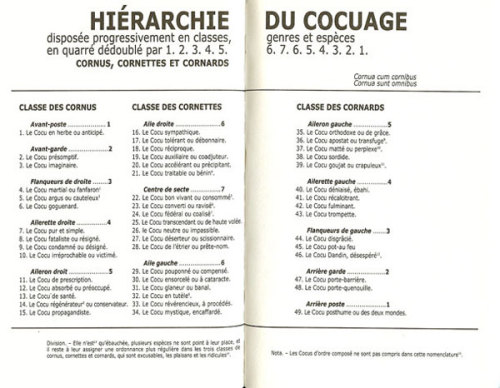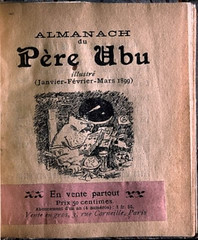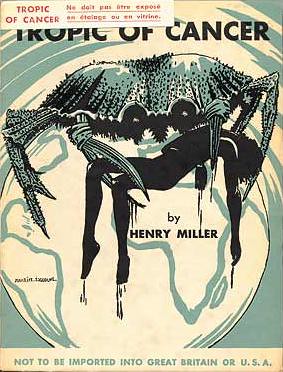The Cut-Ups is World Cinema Classic #108
- Yes, hello. Yes? Hello! Yes, hello.
- Yes? Hello! Yes, hello. Yes? Hello!
- – Look at that picture – Yes, hello.
- Yes? Hello! Yes, hello. Yes? Hello!
- Yes, hello. Yes? Hello! Yes, hello.
- Yes? Hello! Yes, hello.- does it seem
- to be persisting? – Yes? Hello!
- Yes, hello. Yes? Hello! – Good!
- – Yes, hello. Yes? Hello! – Thank
- you – Yes, hello. Yes? Hello! Yes,
- hello. Yes? Hello! Yes, hello. Yes?
- Hello! Yes, hello. Yes? Hello! Yes,
- hello. Yes? Hello! Yes, hello. Yes?
- Hello! – Look at that picture – Yes,
- hello. Yes? Hello! Yes, hello. Yes?
- Hello! – Does it seem to be persisting?
- – Yes, hello. Yes? Hello! Yes, hello.
- Yes? Hello!Yes, hello. Yes? Hello! Yes,
- hello. Yes? Hello! – Good! – Yes, hello.
- Yes? Hello! Yes, hello. Yes? Hello!
- – Thank you!
The Cut-Ups[1] is an experimental film by British filmmaker Antony Balch and American writer William Burroughs, which opened in London in 1967. It was the second time Balch and Burroughs had collaborated after their earlier Towers Open Fire. The Cut-Ups was part of an abandoned project called Guerrilla Conditions meant as a documentary on Burroughs and filmed throughout 1961-1965.
The film contains 19 minutes of someone saying “Yes, Hello?”, “Look at that picture,” “Does it seem to be persisting?,” and “Good. Thank you,” accompanied by a repetition five or six basic film clips shot in New York City and featuring Brion Gysin.
Inspired by Burroughs’ and Gysin’s technique of cutting up text and rearranging it in random order, Balch had an editor cut his footage for the documentary into little pieces and impose no control over its reassembly. The film opened at Oxford Street’s Cinephone cinema and had a disturbing reaction. Many audience members claimed the film made them ill, others demanded their money back, while some just stumbled out of the cinema ranting “its disgusting”.
Included in The Cut-Ups are shots of Burroughs acting out scenes from his book Naked Lunch. The idea of bringing Naked Lunch to the big-screen was Balch’s dream project. First developed in 1964, a script was completed in the early 1970s which would have adapted the book as a musical. Personal differences between Balch and the film’s would-be leading man Mick Jagger caused the project’s collapse.
For an indepth description of the films of William Burroughs, Brion Gysin, and Antony Balch, see brightlightsfilm [1] by Rob Bridgett.






![Anarchy in Palermo by lulazzo [non vede, non sente, non parla]](http://farm3.static.flickr.com/2250/1786532628_a97233f55d_m.jpg)

